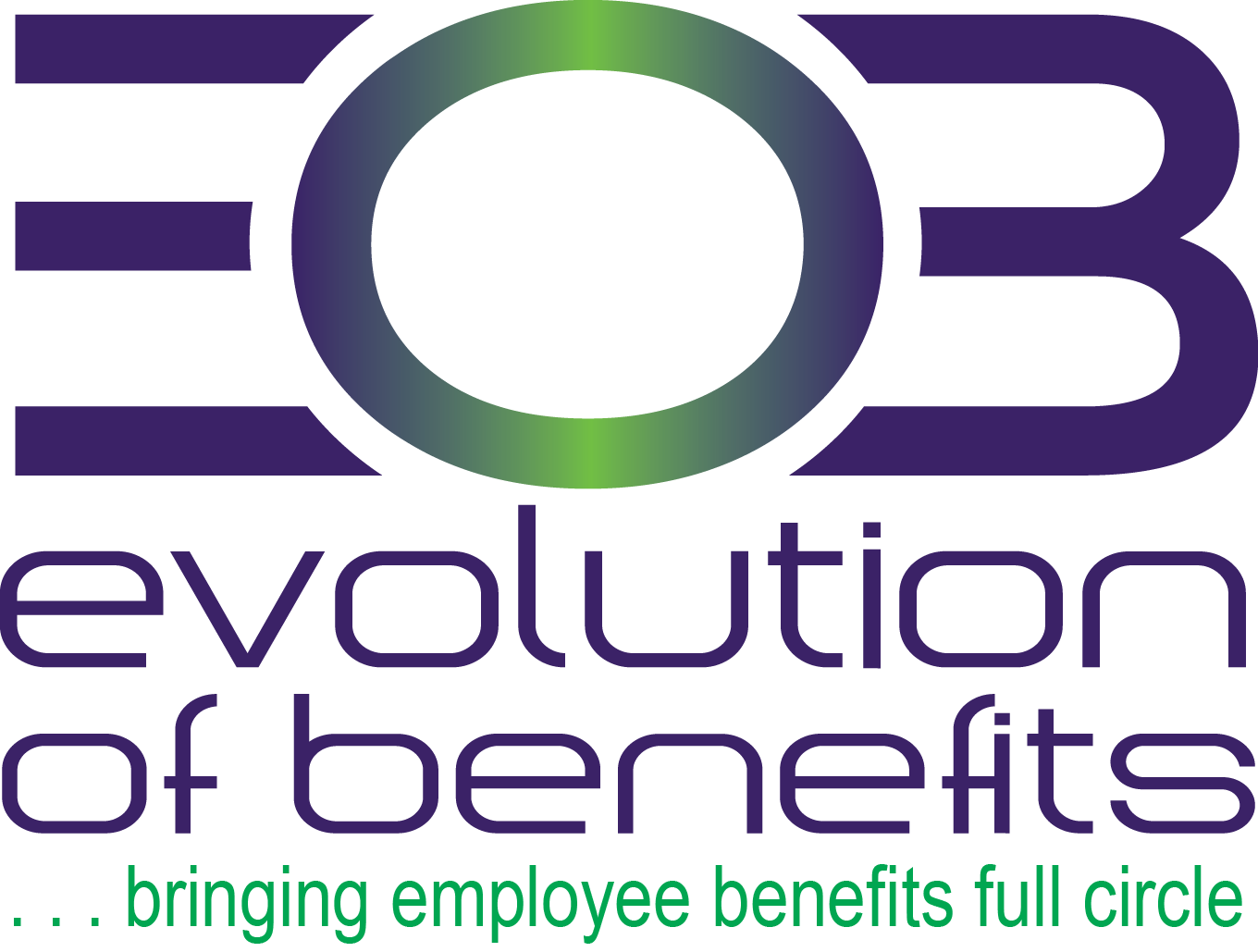Compliance Tracker – October

No key compliance deadlines for November 2024.
Year-end Compliance Reminders
As 2024 approaches its end, employers should review their compliance to ensure that all required activities will be completed by the end of the year. In addition, as the end of the year approaches,
employers should consider reminding employees what happens to unused funds in their health FSAs, dependent care FSAs and HRAs at the end of the year and remind employees of the company’s policy for unused PTO at the end of the year.
Benefits and Me: Flexible Spending Accounts (October)

A flexible spending account (FSA) is a beneficial tool for saving money on health care because it contains pre-tax dollars contributed each pay period to pay for qualified medical and dental expenses.
An important provision of an FSA is that most of the money contributed within a calendar year (and any applicable grace period) must be spent within the same year, or it will be lost. Toward the end of the year, it’s common for many people to rush to use up leftover funds in their FSAs while they still can. Many people stock up on over-the-counter (OTC) drugs; others may concentrate on using those funds for medical expenses they’ve been putting off. For example, you could schedule a teeth cleaning if you haven’t been to the dentist all year. If there is a screening or procedure you’ve been putting off, use FSA funds for that. The goal is to use that money to keep yourself healthy.
Legal Update: IRS Releases Health FSA Limit for 2025

On Oct. 22, 2024, the IRS released Revenue Procedure 2024-40 (Rev. Proc. 24-40), which includes the inflation-adjusted limit for 2025 on employee salary reduction contributions to health flexible spending accounts (FSAs). For plan years beginning in 2025, the adjusted dollar limit on employees’ pre-tax contributions to health FSAs increases to $3,300. This is a $100 increase from the 2024 health FSA limit of $3,200.
News Brief: Report: Employers Focusing on Plan Redesign to Reduce Health Care Costs

According to the survey, more than half (51%) of U.S. employers expect to redesign health care plans to lower costs. They will likely focus on adopting new plan designs and implementing network strategies that direct employees toward more affordable, high-quality providers and care facilities.
The report said U.S. health care costs have reached record highs since the COVID-19 pandemic, with nearly half of employers expecting costs to exceed budget projections this year.
Employers predict health care costs to rise by 7.7% in 2025, upfrom 6.9% in 2024 and 6.5% in 2023.
– WTW’s 2024 Best Practices in Healthcare Survey
Legal Update: Proposed Rule Would Expand ACA’s Contraceptive Coverage Mandate

On Oct. 21, 2024, the Departments of Labor, Health and Human Services, and the Treasury released a
proposed rule that, if finalized, would expand access to contraceptive coverage without cost sharing under the Affordable Care Act’s(ACA) preventive care mandate. Notably, the proposed rule would require most health plans and health insurance issuers to cover over-the-counter (OTC)contraceptives without imposing cost sharing (e.g., deductibles, copayments or coinsurance) or requiring a prescription.
Legal Update: DOL Targets Employment-related Contract Provisions

On Oct. 15, 2024, the U.S. Department of Labor’s (DOL) Office of the Solicitor(SOL) released a
special enforcement report indicating seven “fine-print”employment-related contract provisions that the SOL is targeting to help ensure that workers receive the pay and protections they are guaranteed by federal labor law. The report also highlighted innovative approaches the SOL is taking to combat contract provisions that may discourage workers from exercising their rights under federal labor law.
News Brief: Workers Likely to Explore Job Market in 2025, According to Report

Although employee quits have trended down in 2024, EY’s 2024 Work Reimagined Survey report found that 38% of employees are likely to leave their jobs in the next year. According to the survey results, EY advises that to maintain a talent advantage,employers may need to hone their attraction and retention tactics to prioritize enhancing workplace culture, expanding rewards and building agile employee skill sets.
“The global workforce has evolved into one with personalized experiences and expectations, increasingly disconnected from one- size-fits-all ideas of career, total rewards and work location.”
– EY’s 2024 Work Reimagined Survey report
News Brief: Jobs Total Up, Hiring Continues to Slow Down in September

In its latest Employment Situation Summary, the U.S. Bureau of Labor Statistics (BLS) reported that job gains in September exceeded expectations, with employers adding 254,000 jobs instead of the approximate 140,000 expected by economists. This is the largest increase since March 2024, when 303,000 jobs were added. It’s also above the average monthly gain of 203,000 over the prior 12 months.
While job totals are up, overall hiring has slowed throughout the year. According to the most recent Job Openings and Labor Turnover Summary from the BLS, hiring levels diminished by about 100,000 from July to August 2024 but are trending down substantially from one year prior.
The unemployment rate changed little at 4.1% but remains higher than one year ago. This stability in unemployment suggests that, despite the increase in job totals, the market is taking a guarded approach to hiring. Economists attribute the slow down in hiring to several factors, including economic uncertainties and businesses’ caution to expand their workforce amid fluctuating market conditions.
Career Elevator: How to Be a Better Listener at Work (October)

In today’s fast-paced work environment, effective communication is more important than ever. One of the most crucial aspects of communication is listening. Being a good listener at work enhances communication, builds stronger relationships and boosts productivity by ensuring messages are accurately received and understood. It also reduces conflicts and encourages open dialogue, leading to a more positive and collaborative work environment.
Legal Update: IRS Allows Employees to Allocate Employer Contributions Among Various Benefits

The IRS has released a private letter ruling (No. 202434006) approving an employer’s program that gives employees the option to direct employer contributions toward several different offered benefits. A private letter ruling, or PLR, is a written statement issued to a taxpayer in response to a written request that interprets and applies tax laws to the taxpayer’s represented set of facts. While a PLR may not be relied on as precedent by other taxpayers, the PLR provides important insight into how the IRS might view similar employer programs.




















